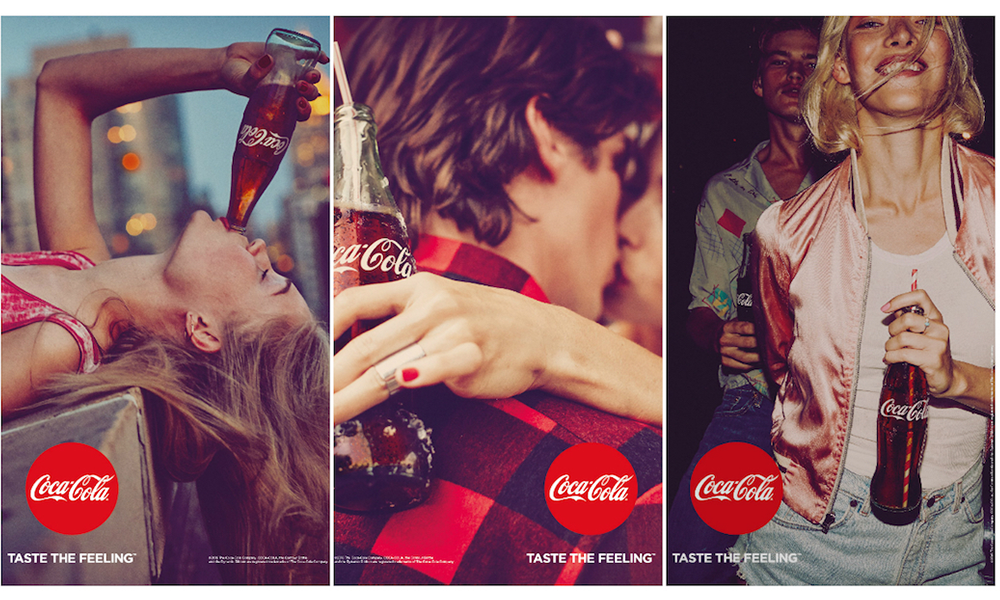Prince is the new Taylor Swift. The artist has pulled his catalog from most streaming services, with a few notable exceptions. His music is still available on Jay-Z's Tidal, a coup for a business that's struggled since its high-profile launch earlier this year. Prince's music is also still on digital radio services such as Pandora and Songza, which operate on so-called compulsory licenses that make it tricky for artists to refuse to participate.
Prince's actions point toward a possible future for monthly streaming services that could undermine the idea altogether. The promise of an Apple Music or a Spotify is that once a subscription fee is paid, listeners don't have to worry about anything. But already, someone who wants access to both Taylor Swift's 1989 and Prince's Purple Rain has to buy two subscriptions, or supplement the supposedly comprehensive service she has chosen with a few actual album purchases.
This is already how the online video world is shaping up, with such companies as Netflix and Amazon.com competing to produce original shows. But people are used to spending a lot of money to watch TV. A big part of the appeal of those services comes from replacing costly cable subscriptions, and anything seems cheap compared with a monthly Comcast bill. The $10 monthly cost of Spotify, Apple Music, or Tidal is already much more than the average person spends on music over the course of the entire year.
It's not clear that music services will ever get to the point that people will have to choose subscriptions based on their favorite artists. Few musicians have as much control over their work as the big-name holdouts -- Dr. Dre, Jay-Z, Taylor Swift -- who've recently decided to pick among services. By limiting his tracks to Tidal, Prince is depriving himself of the income from being on much more popular services, such as Spotify. And he can do that because, well, he's Prince.
And despite the attention paid to streaming's holdouts, nearly every example, except for Swift's 1989, is essentially a nostalgia album. Tidal, the service that has made the most out of its exclusive content, has struggled to get out of the gate. The next generation of music fans is likely to care less about The Chronic or AC/DC than their parents do.
Finally, it's probably a good rule not to use Prince's behavior as an indication of what others might do. He's notoriously cantankerous about doing anything that loosens his grip on his own work. He declared that the internet was over in 2010. The next year he railed against rules that allowed people to cover songs without permission from the original songwriter. "My problem is when the industry covers the music," he said in an interview with George Lopez. "Covering the music means that your version doesn't exist anymore. A lot of people think I'm singing Sinead O'Connor songs, or Shaka Kahn songs, when in fact I wrote those songs." (Prince may actually get what he wants if a proposal to require voluntary licenses for cover songs becomes law.) He has pulled nearly all his music from YouTube, something that even Ms. Swift, the patron saint of streaming skepticism, hasn't done.
Musicians have always held a variety of views about how freely to let their music percolate through the Internet. Some think it's OK to provide free access to everything. Most have agreed to go along with the rising tide of streaming subscriptions, YouTube, and the like. Then there's Prince who, as in every other aspect of his life, is an exceptional case.
--Bloomberg News--

















0 comments:
Post a Comment